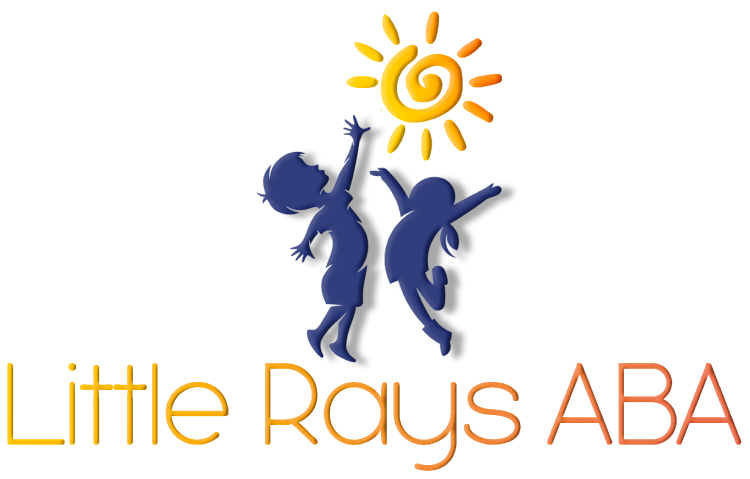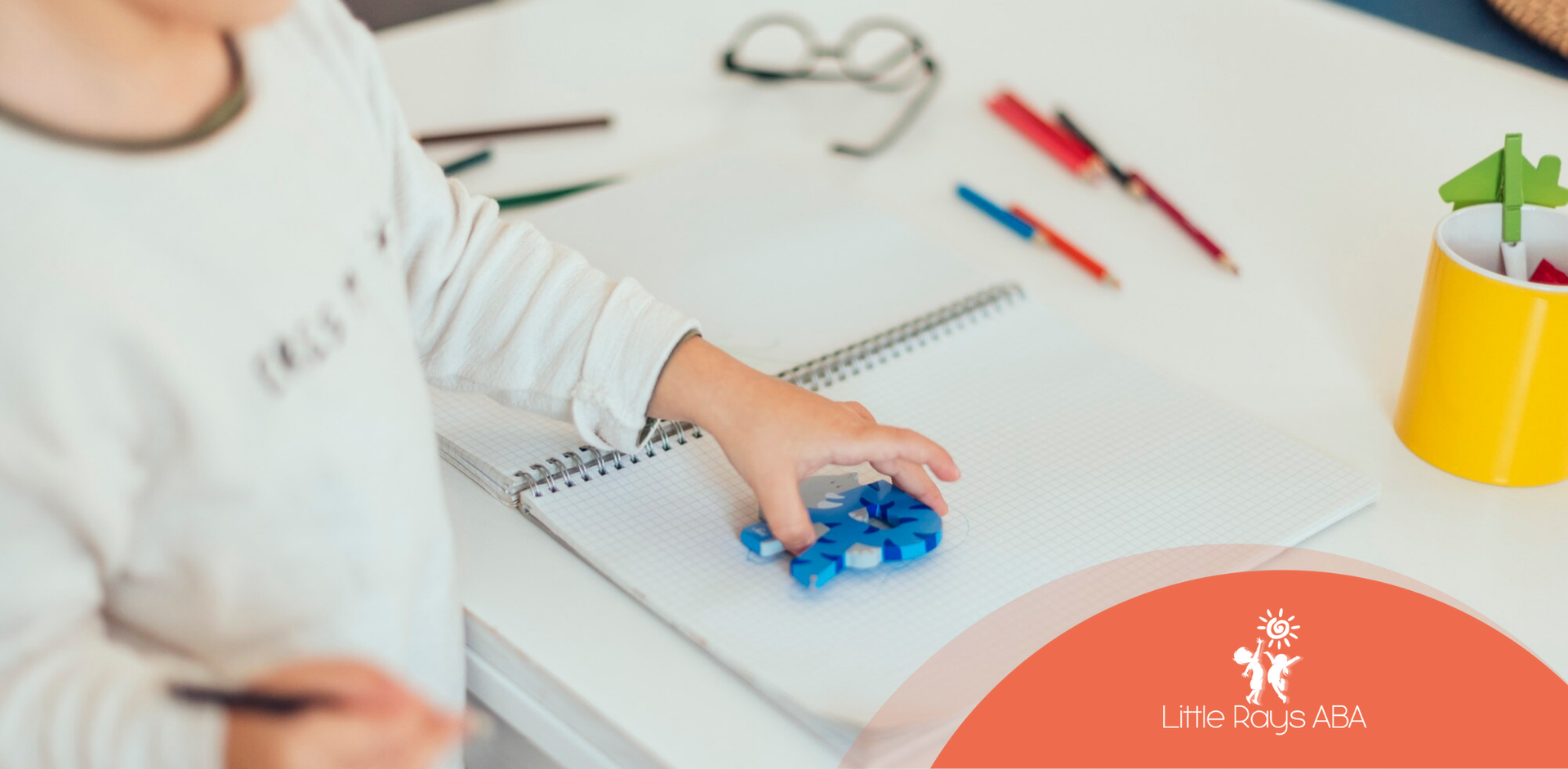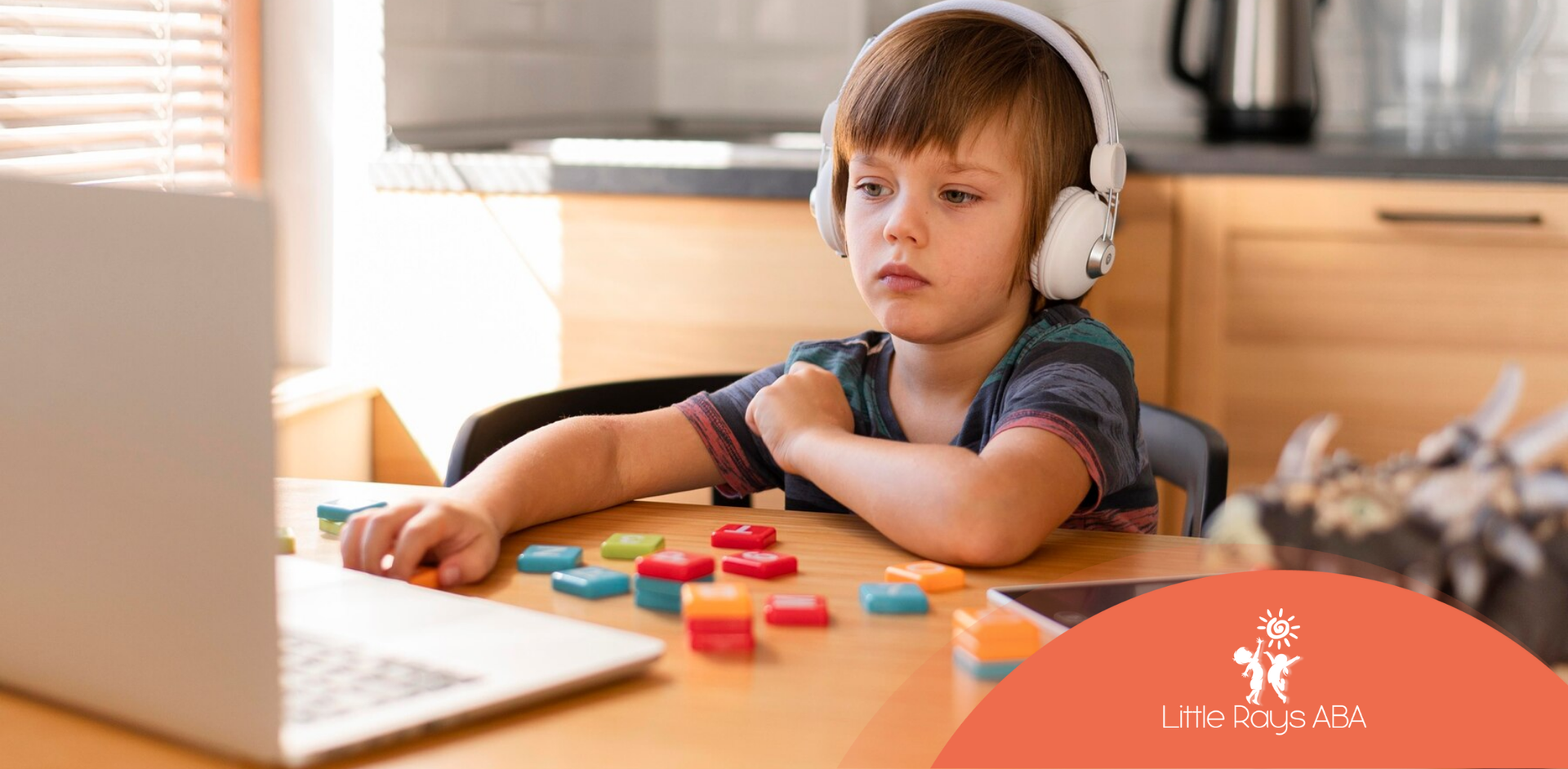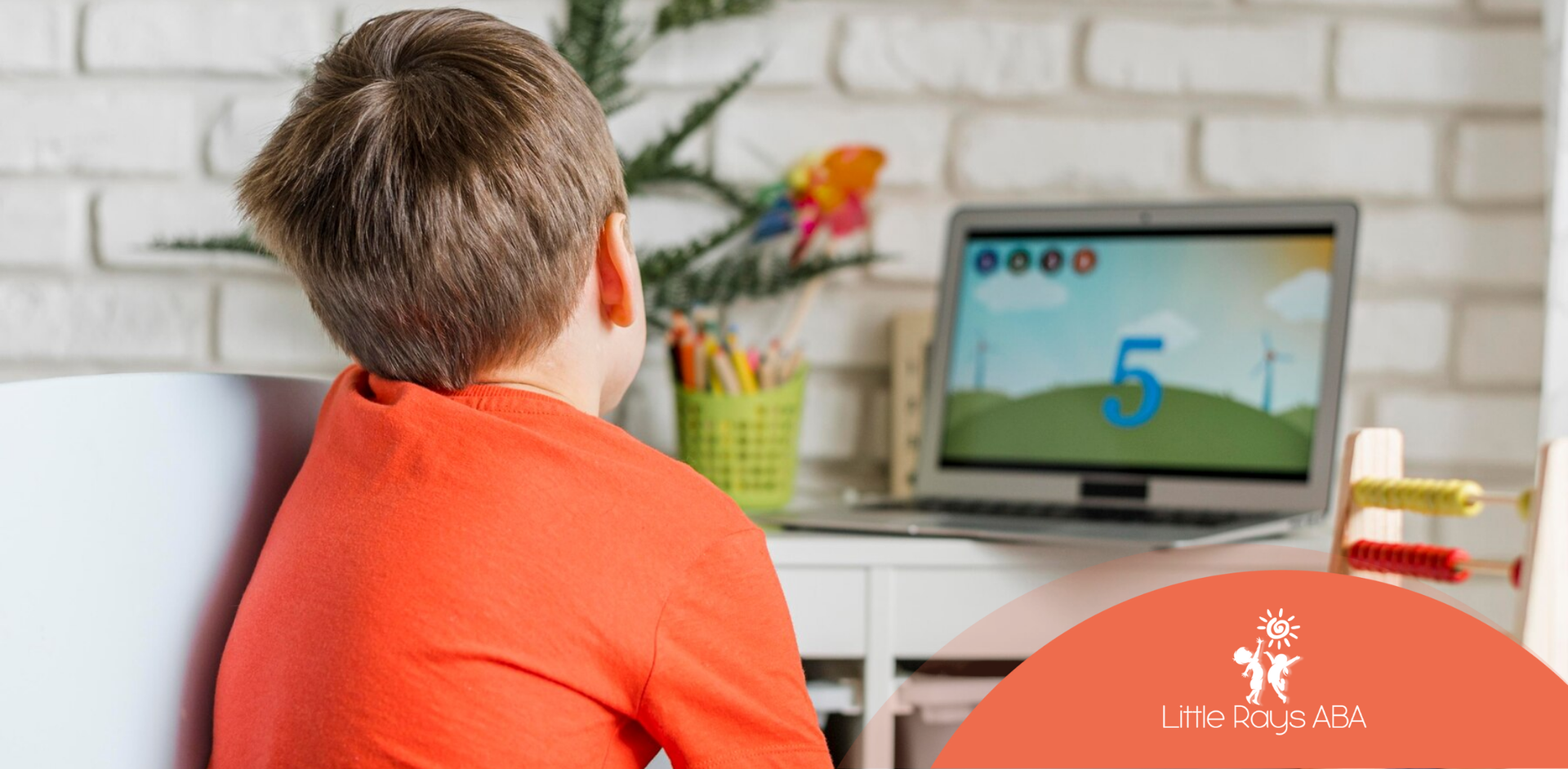Navigating the world of autism as a parent requires understanding, patience, and a commitment to learning. This blog aims to guide parents on common mistakes to avoid when raising an autistic child. By focusing on positive parenting techniques and strategies tailored to an autistic child's unique needs, we can create a nurturing environment that empowers them to thrive.
Understanding Autism: A Brief Overview
Autism spectrum disorder (ASD), or autism, refers to a developmental disability that affects how millions of people communicate and interact with the world. This complex condition encompasses a wide range of symptoms and severity.
It's vital to remember that autism is not a disease but a different way of processing information and experiencing the world. Every autistic child is unique, with a distinct set of strengths, challenges, and support needs.
What Is Autism Spectrum Disorder?
Autism spectrum disorder is a complex neurodevelopmental condition that impacts how autistic individuals perceive the world and interact socially. It's characterized by difficulties with communication, both verbal and non-verbal, as well as repetitive behaviors and restricted interests.
The term "spectrum" emphasizes the wide range of ways autism presents itself. Some individuals on the spectrum might require significant support in daily life, while others may lead relatively independent lives. Early intervention and ongoing support, tailored to the individual's needs, can significantly enhance an autistic person's quality of life.
It's essential to approach autism with understanding and acceptance, recognizing that each autistic individual is unique and possesses their own strengths and capabilities.
Common Myths and Misconceptions
Unfortunately, several myths and misconceptions surround autism, often stemming from a lack of awareness and understanding. One common myth suggests that autistic people lack empathy, which is far from true. While they might express emotions differently, autistic individuals are capable of deep empathy and compassion.
Another misconception is that autism is a "curable" condition. Autism is a fundamental aspect of a person's neurology and is not something to be "fixed." Instead of trying to change who they are, let's focus on creating a more inclusive and accepting society that values neurodiversity.
By dispelling these damaging myths and fostering understanding, we can create a world where autistic people feel supported, respected, and empowered to reach their full potential.
Recognizing Individual Needs and Abilities
A key aspect of supporting autistic children effectively is recognizing and respecting their unique needs and abilities. Every autistic child is different, so a one-size-fits-all approach is rarely effective.
Instead of comparing your child to their peers, embrace their individuality and celebrate their achievements, no matter how small. This helps build their self-esteem and motivates them to learn and grow at their own pace.
Embracing Different Learning Styles
Autistic children often have different learning styles compared to neurotypical children. They may thrive with visual aids, hands-on activities, and structured routines, while struggling with traditional teaching methods.
To support your child's learning, it's essential to identify their preferred learning styles and adapt the environment accordingly. For example, if your child responds well to visual cues, using picture cards or visual schedules can significantly improve their understanding and cooperation.
Remember that patience and positive reinforcement go a long way in helping your autistic child grasp new skills and concepts. Celebrate their progress, no matter how small, and create a positive and encouraging learning atmosphere.
The Importance of Structure and Routine
Structure and routine are crucial for autistic children, who often find comfort in predictability. Establishing consistent daily routines can significantly reduce anxiety and help them navigate transitions more smoothly.
Start by creating a predictable schedule for meals, sleep, and activities. Using visual schedules or timers can make the routine more tangible and easier for your child to follow. It's also helpful to involve family members in maintaining consistency.
While unexpected changes are inevitable, try to prepare your child for them as much as possible. Providing clear explanations and visual aids can make a big difference in minimizing stress and potential meltdowns.
Communication Strategies That Work
Effective communication is essential, but it's important to remember that communication goes beyond spoken language. Autistic children might use alternative ways to express themselves, and it's our responsibility to learn and adapt to their methods.
By understanding their unique communication styles and being patient with their efforts, we can bridge the communication gap and foster a deeper connection.
Simplifying Language Without Underestimating Ability
When communicating with an autistic child, it's helpful to use clear, concise language and avoid idioms or figurative language which can be confusing. Break down complex tasks into smaller, manageable steps, and provide clear instructions.
However, simplifying language doesn't mean talking down to your child. While they may have language delays, many autistic children possess a vast vocabulary and a deep understanding of complex topics. Encourage their interests and engage them in conversations that challenge and stimulate their minds.
Remember, the goal is to facilitate understanding and make them feel heard, respected, and valued as communication partners.
Encouraging Non-Verbal Communication
For some autistic children, non-verbal communication might be their primary mode of expression. Pay attention to their body language, gestures, and facial expressions, as these can convey a wealth of information about their needs and emotions.
Don't force eye contact if it causes discomfort. Instead, focus on creating a safe and comfortable environment where they feel comfortable communicating in their preferred way.
Using visual aids such as picture cards, social stories, or sign language can also facilitate communication and bridge the understanding gap.
Social Interaction and Behavior
Social interaction can be challenging for autistic children, but that doesn't mean they should be excluded. Creating opportunities for positive social experiences is crucial for their development and well-being.
Focus on helping your child understand social cues, practice appropriate behaviors, and develop meaningful connections with peers.
Facilitating Positive Social Experiences
Start by creating small, structured social situations for your child, such as playdates with one or two familiar children. Choose activities they enjoy and provide clear expectations for behavior.
Positive reinforcement is essential. Praise their efforts to engage socially, even if they seem small, and provide positive consequences for good behavior.
Remember, social skills develop gradually, and every step your child takes toward positive social interaction is a reason for celebration.
Addressing Behavioral Challenges with Compassion
Behavioral challenges are common in autistic children, often stemming from sensory overload, communication difficulties, or anxiety. It's essential to approach these challenges with compassion and understanding, recognizing that they are often a form of communication.
Instead of resorting to punishment, focus on identifying triggers, teaching coping mechanisms, and providing positive behavioral support. Creating a calm and structured environment can also significantly reduce challenging behaviors.
Remember, punishment is rarely effective and can have long-term negative effects on a child's self-esteem and emotional well-being.
Creating a Supportive Environment at Home
Transforming your home into an autism-friendly space can make a world of difference for your child's well-being and development. Consider their sensory sensitivities and create designated areas for quiet time, sensory exploration, and calming activities.
By creating a sanctuary where they feel safe, understood, and supported, you empower them to navigate the world with greater confidence and resilience.
Designing Autism-Friendly Spaces
Start by minimizing sensory overload. Reduce clutter, dim bright lights, and consider noise-canceling headphones for times when auditory input gets overwhelming. Create a dedicated sensory area with calming items such as weighted blankets, soft textures, and fidget toys.
Consider your child's specific needs and preferences. If they crave movement, incorporate opportunities for swinging, jumping, or spinning into their environment. If they enjoy tactile exploration, provide a variety of sensory bins with different textures and materials.
Remember, an autism-friendly space is not about perfection, but about creating an environment where your child feels comfortable, safe, and supported.
Choosing Activities and Toys That Engage and Educate
Selecting activities and toys that cater to your child's interests and needs can foster their development in various areas. Engage their senses with activities that involve tactile exploration, such as playdough, water play, or finger painting.
Encourage their creativity and imagination with building blocks, art supplies, and pretend play. Educational toys that promote problem-solving, language development, and social skills can also be incredibly beneficial.
Choosing open-ended toys that offer multiple ways to play can spark your child's imagination and keep them engaged for longer periods.
Conclusion
Understanding and embracing individual needs are crucial in supporting autistic children. By creating structured environments, simplifying communication, and fostering positive social interactions, you can significantly impact their development. Remember, compassion and patience are key in addressing behavioral challenges. Designing autism-friendly spaces at home and choosing engaging activities tailored to their interests can make a world of difference. Educate yourself, seek professional guidance, and build a supportive community around your child. Together, we can provide the love and understanding necessary for their growth and well-being. For more personalized strategies, reach out for a friendly consultation today.
At Little Rays ABA, we understand that parenting a child with autism comes with unique challenges and rewards. We believe that knowledge and understanding are key to fostering a supportive and nurturing environment. Our experienced therapists work closely with families to provide essential tips and guidance, helping them avoid common mistakes and build stronger, more positive relationships. We emphasize the importance of individualized approaches, recognizing that each child has unique needs and learning styles. Little Rays ABA is committed to empowering parents with the tools and resources they need to navigate the journey of autism with confidence and compassion, creating a brighter future for their child and family.
Frequently Asked Questions
How can I help my autistic child with social skills?
Helping your autistic child with social skills is a gradual process. Start with small, structured social situations like playdates, and reinforce positive behavior with praise and small rewards. Teach them about different people’s reactions and provide them with strategies for handling various social interactions.
What are the most effective ways to discipline an autistic child?
Discipline for an autistic child should focus on positive reinforcement and teaching rather than punishment. Establish clear rules and routines, and provide positive consequences for good behavior. When addressing challenging behavior, focus on identifying triggers and teaching coping mechanisms.
How do I support my child's educational needs effectively?
Supporting your autistic child's educational needs begins with early intervention. Partner with educators to create an individualized education plan that addresses your child’s specific needs and learning style. Encourage their interests, provide sensory breaks, and don't discourage harmless stimming, as it can often aid in focus and regulation.
Source:
sk-8dce470313c4443e89cbff1b5b57bfde
https://blog.ssa.gov/recognizing-the-needs-of-people-on-the-autism-spectrum-and-their-families/
https://www.webmd.com/brain/autism/features/autism-myths-facts
https://www.nimh.nih.gov/health/topics/autism-spectrum-disorders-asd
https://www.nimh.nih.gov/health/topics/autism-spectrum-disorders-asd
https://educationonline.ku.edu/community/social-difficulties-in-autism-spectrum-disorder#:~:text=Individuals%20with%20ASD%20may%20struggle,and%20participating%20in%20social%20activities.
Unlock Your Child's Potential with Expert ABA Therapy!
At Little Rays ABA, we provide compassionate, evidence-based ABA therapy to help children with autism thrive. Our personalized approach fosters growth in communication, social skills, and independence.
Get In Touch With Us Today to Get Started With ABA Therapy!
Related Posts
MENU
GET IN TOUCH
7117 San Salvador Dr Boca Raton, FL 33433
3200 Collins Ave Miami Beach, FL 33140





